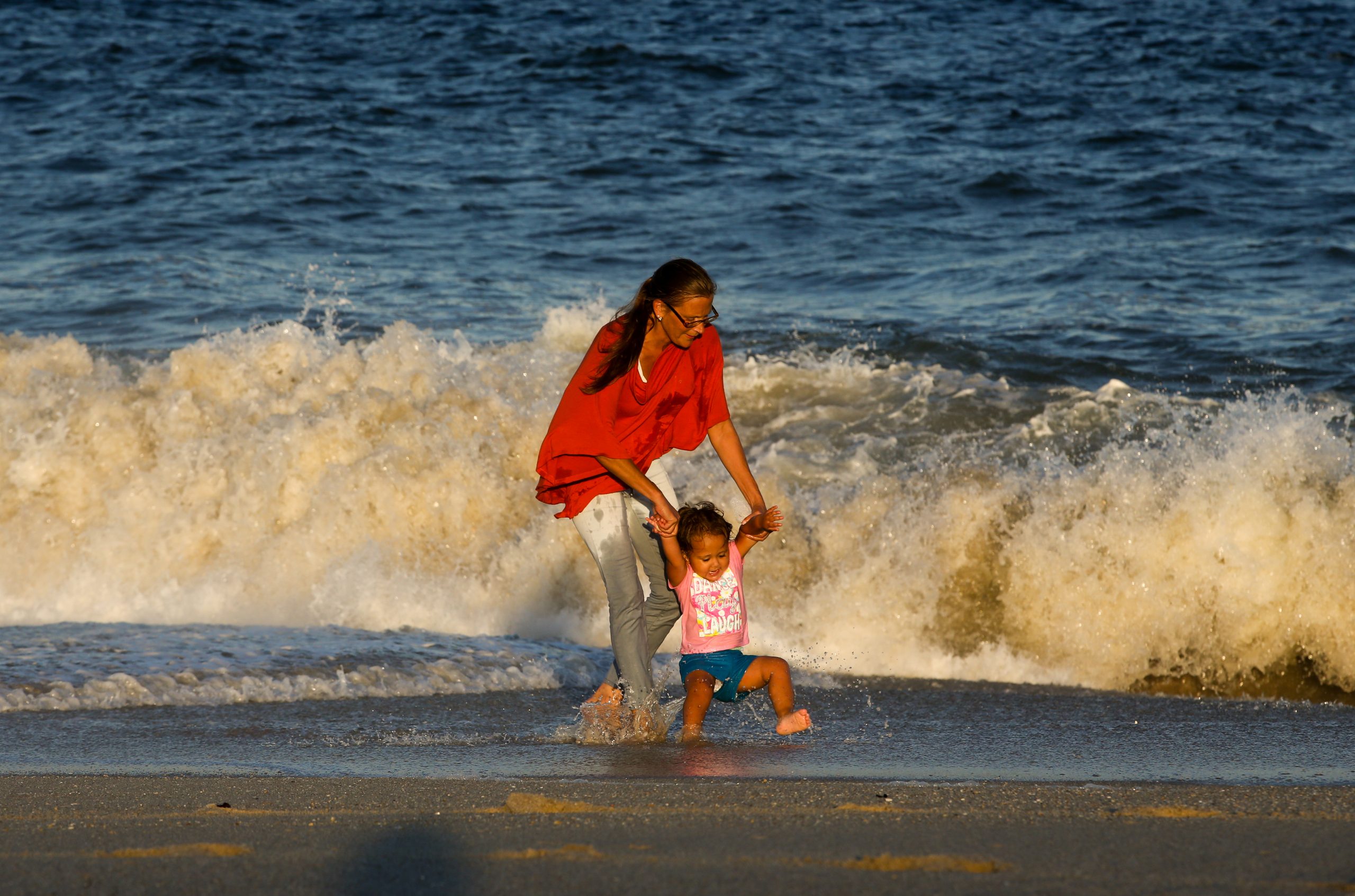OCEAN PLANNING
Diversity, Equity, Inclusion, Justice and Accessibility
Statement on Diversity, Equity, Inclusion, Justice and Accessibility
We have a shared responsibility to care for the ocean, a vital component of the planet that supports society by providing sustenance, carbon and heat storage, ecosystem services, jobs, recreation, and a place for cultural and spiritual practices. These benefits should be accessible to everyone in the Mid-Atlantic region. However, past and current ocean use and planning efforts have not incorporated input from many in marginalized or vulnerable communities that may have carried the burden of negative impacts from coastal and ocean development.
Black, Indigenous, people of color, as well as underrepresented and marginalized communities have not been included or had access to participation in ocean decision-making processes. The Mid-A OPC is committed to listening and incorporating information from the widest possible set of stakeholders to better understand and address injustices and inequities. The Mid-A OPC will ensure its work reflects a commitment to Diversity, Equity, Inclusion, Justice and Accessibility (DEIJA), as well as addresses the needs of stakeholders from a variety of backgrounds and industries. Our efforts recognize past and current injustices related to ocean use, development, or climate change impacts. Moving forward we will examine and modify our actions to ensure we do not perpetuate those injustices in all activities of the Mid-A OPC.
The actions below are initial steps that the Mid-A OPC is committing to and will evolve over time. The committee is working to:
- Expand the stakeholders with whom we engage, including collaborators and members of its work groups to reflect the full diversity of the Mid-Atlantic region.
- Provide opportunities to be inclusive, ensure access to information, and foster transparent decision-making.
- The Mid-A OPC will invest in gaining a better understanding of principles of ocean justice and relevant governmental actions that have contributed to injustice.
- Commit to more thorough and inclusive data collection and mapping, to identify resources and data that inform member entities on past and current ocean injustices, and increase understanding of disproportionate vulnerability to harm, or opportunities to share equitably in benefits as a result of ocean use and/or development.
- Expand information-sharing efforts by encouraging forum participation and identifying resources that empower communities and entities to advance ocean justice, participate in decision-making, and gain new opportunities for determining ocean outcomes that affect their lives and communities.
- Incorporate these principles into existing Mid-A OPC framework documents.
- Advance this work in each of our individual entities.
Also see references:
Source: B. Gardiner.Ocean Justice: Where Social Equity and the Climate Fight Intersect. July 16, 2020. Available online: https://e360.yale.edu/features/ocean-justice-where-social-equity-and-the-climate-fight-intersect
Source: J.A. Martin, Gray, S., Aceves-Bueno, E. et al. What is marine justice? J Environ Stud Sci 9, 234–243 (2019). https://doi.org/10.1007/s13412-019-00545-0
Source: Saunders, F.; Gilek, M.; Ikauniece, A.; Tafon, R.V.; Gee, K.; Zaucha, J. Theorizing Social Sustainability and Justice in Marine Spatial Planning: Democracy, Diversity, and Equity. Sustainability 2020, 12, 2560.

Download the PDF
Questions or comments may be directed to info@midatlanticocean.org.
